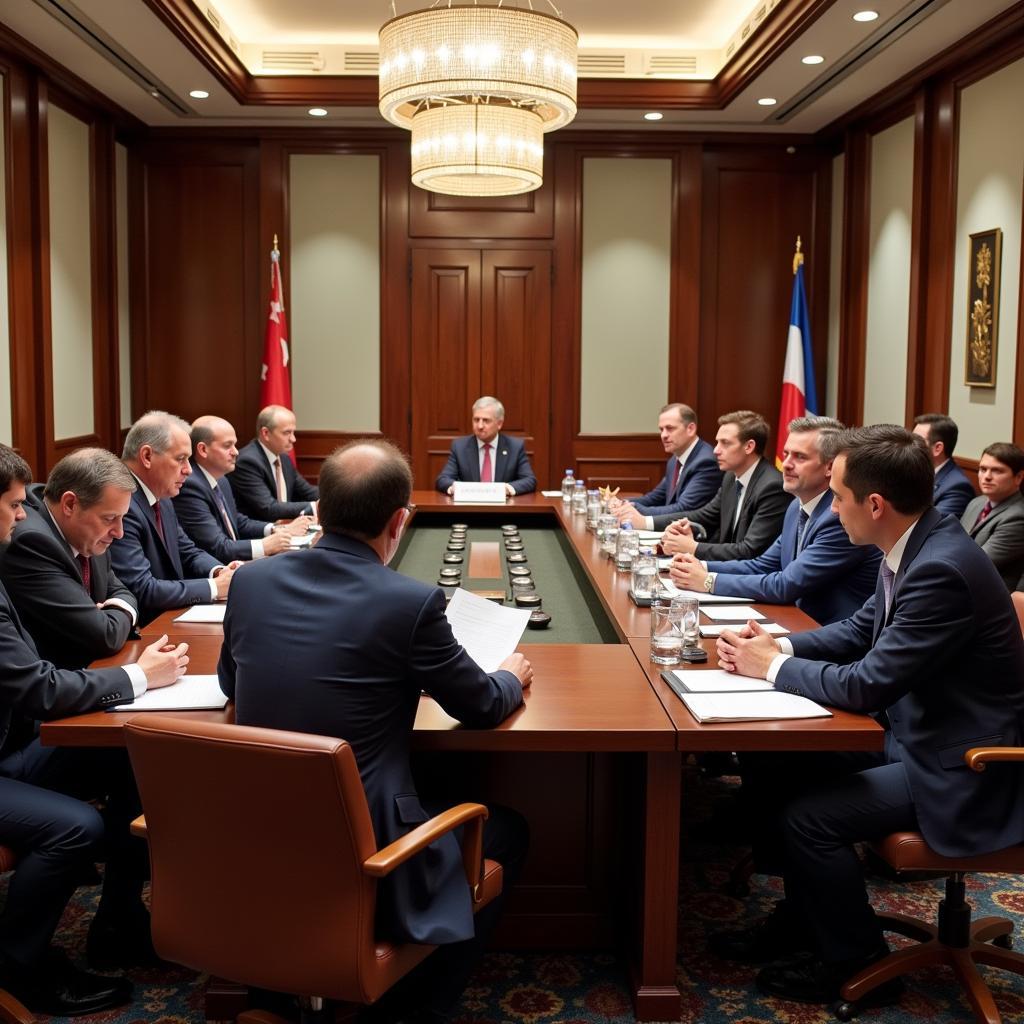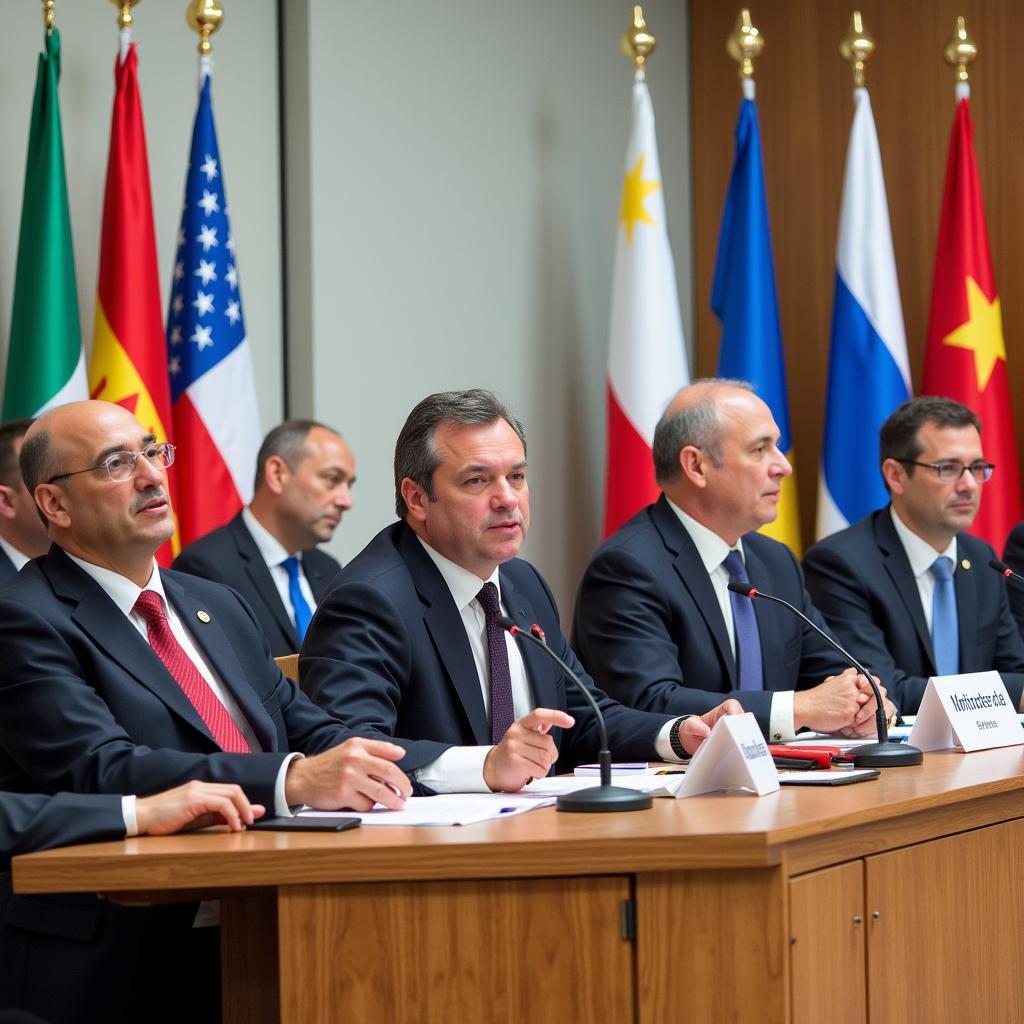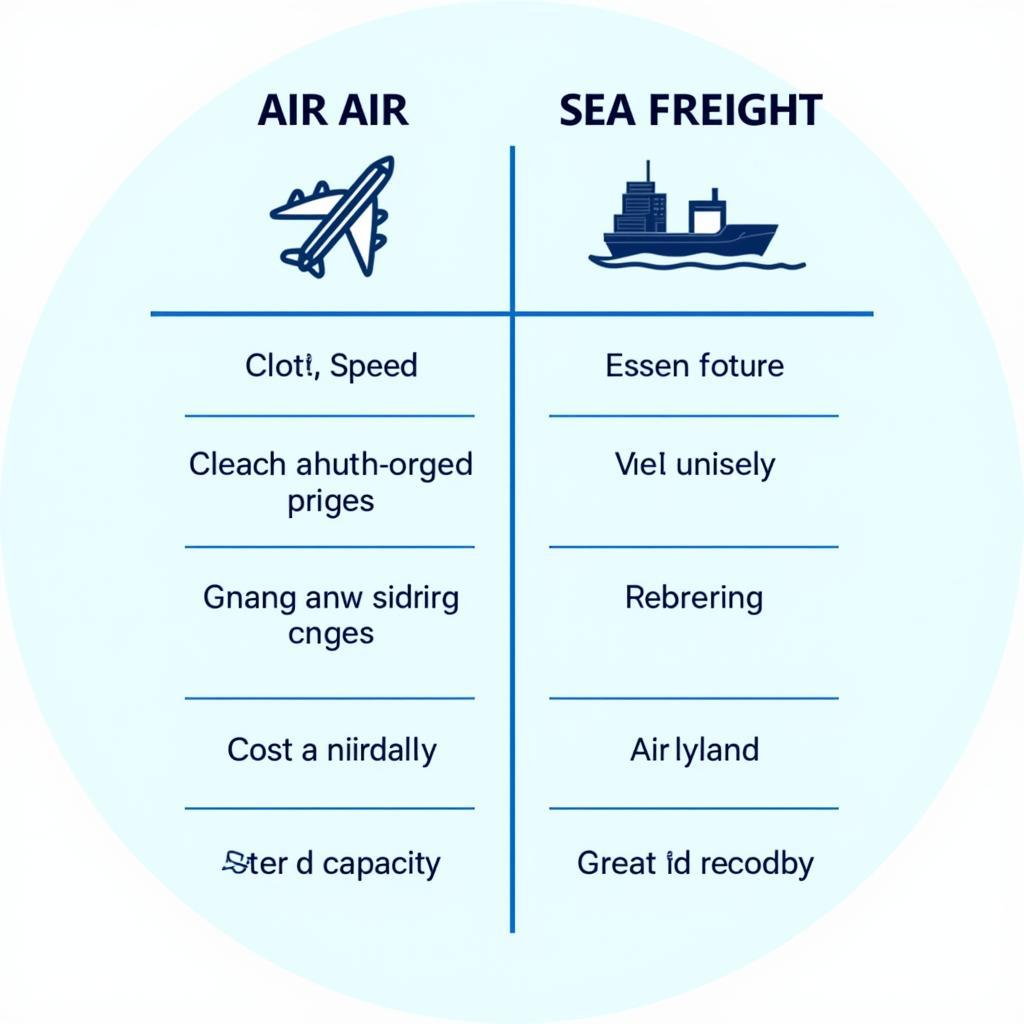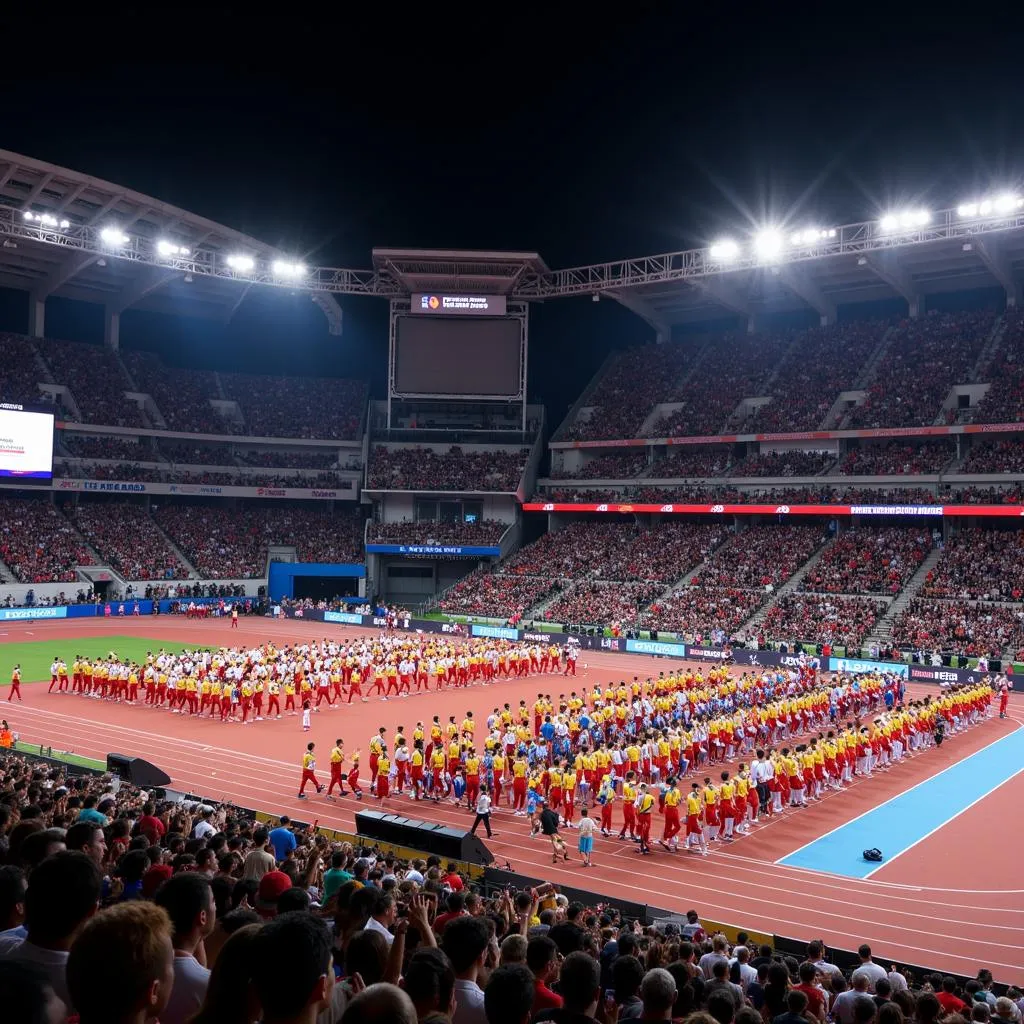The 25th Asean Regional Forum (ARF) marked a significant milestone in the forum’s history, representing a quarter-century of dialogue and cooperation on political and security issues. This article delves into the importance of the ARF, its achievements, and the challenges it faces in maintaining peace and stability in the Indo-Pacific region.
Understanding the Significance of the 25th ASEAN Regional Forum
The ARF, established in 1994, serves as a key platform for dialogue and consultation on regional security issues. The 25th meeting underscored the forum’s ongoing commitment to fostering trust and confidence-building among its 27 members. This includes ASEAN member states and their dialogue partners, such as the US, China, Russia, and the EU. The forum’s strength lies in its inclusive nature, bringing together diverse actors to address shared concerns. The ARF has played a crucial role in managing regional tensions, promoting preventive diplomacy, and tackling non-traditional security challenges like terrorism, piracy, and climate change.
The ARF’s evolving role in the face of increasing geopolitical complexity was a key theme of the 25th meeting. Discussions centered around how the forum can adapt to new challenges while upholding its core principles of consensus-based decision-making and non-interference.
 25th ASEAN Regional Forum Dialogue: Delegates from various countries engaging in discussions.
25th ASEAN Regional Forum Dialogue: Delegates from various countries engaging in discussions.
Key Achievements and Challenges of the ARF
Over the past 25 years, the ARF has made substantial progress in promoting peace and security in the region. It has established various mechanisms for confidence-building, preventive diplomacy, and conflict resolution. The forum has also fostered practical cooperation in areas like maritime security, counter-terrorism, and disaster relief.
However, the ARF also faces significant challenges. The rise of great power competition, particularly between the US and China, has created new tensions in the region. The South China Sea disputes, the North Korean nuclear issue, and the ongoing Myanmar crisis are among the pressing challenges that require collective action. Maintaining the ARF’s relevance and effectiveness in this evolving geopolitical landscape is a crucial task for its members. Navigating the complexities of competing interests and building consensus on sensitive issues remains a constant challenge.
You can find more information about related ASEAN events on our website covering the 25th ASEAN Summit News.
What were the main topics discussed at the 25th ARF?
The 25th ARF focused on several key issues, including the South China Sea, the Korean Peninsula, and counter-terrorism. Discussions revolved around promoting dialogue, enhancing practical cooperation, and strengthening confidence-building measures.
 Key Discussions at the ASEAN Regional Forum: Representatives from member states addressing critical regional security concerns.
Key Discussions at the ASEAN Regional Forum: Representatives from member states addressing critical regional security concerns.
How does the ARF contribute to regional stability?
The ARF contributes to regional stability by providing a platform for dialogue and cooperation among its diverse members. By fostering trust and confidence-building, the forum helps to manage tensions and prevent conflicts.
For more information on related events, please visit our page dedicated to ASE 25.
What is the future of the ARF?
The future of the ARF hinges on its ability to adapt to the evolving security landscape. The forum needs to strengthen its mechanisms for conflict prevention and resolution, enhance practical cooperation, and address emerging security challenges effectively.
 Future of the ASEAN Regional Forum: A collaborative effort to navigate the evolving security landscape.
Future of the ASEAN Regional Forum: A collaborative effort to navigate the evolving security landscape.
Conclusion
The 25th ASEAN Regional Forum was a testament to the forum’s enduring importance in maintaining peace and stability in the Indo-Pacific. While challenges remain, the ARF continues to play a vital role in fostering dialogue, building trust, and promoting cooperation among its members. Addressing the complex security challenges of the 21st century requires a collective and sustained effort from all ARF participants.
FAQ
- What is the ARF? (The ARF is a multilateral forum for security dialogue in the Asia-Pacific region.)
- Who are the members of the ARF? (The ARF consists of 27 members, including ASEAN states and their dialogue partners.)
- When was the ARF established? (The ARF was established in 1994.)
- What are the main objectives of the ARF? (The ARF aims to foster dialogue, build confidence, and promote cooperation on security issues.)
- How often does the ARF meet? (The ARF holds annual ministerial meetings.)
- What are some of the key issues discussed at the ARF? (Key issues include the South China Sea, the Korean Peninsula, and counter-terrorism.)
- How does the ARF contribute to regional security? (The ARF contributes by facilitating dialogue and cooperation among key actors in the region.)
Further Questions & Resources
- What are the specific outcomes of the 25th ARF?
- How does the ARF address non-traditional security threats?
- What is the role of ASEAN in the ARF?
Need Support? Contact us 24/7:
Phone: 0369020373
Email: aseanmediadirectory@gmail.com
Address: Thon Ngoc Lien, Hiep Hoa, Bac Giang, Vietnam.

